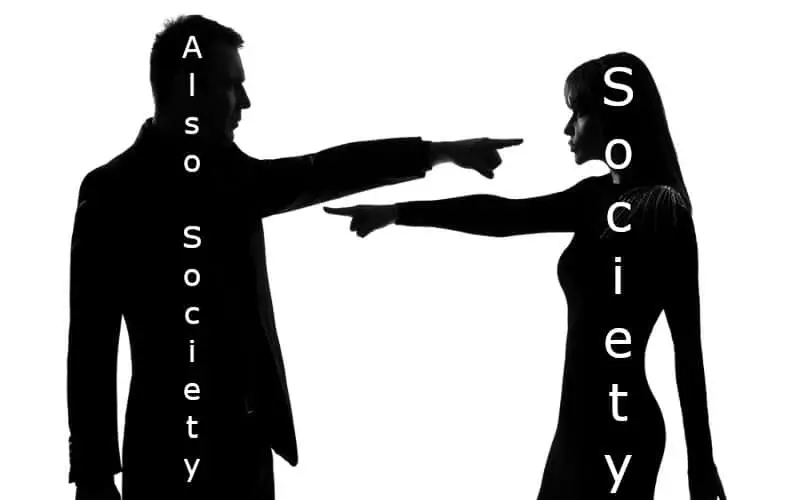The post internet-boom ear of today is marked by unprecedented advancements in technology and digital interconnectedness. It seems odd that a growing number of individuals find themselves grappling with a deep sense of anger and frustration towards society.
Beneath the glossy facade of progress lies a simmering discontent, a disquieting undercurrent that fuels a burning resentment towards the very fabric of our collective existence as a society.
In this article we explore the core of this societal fury, delving into the complexities of our modern reality to uncover the roots of why some feel an outrage and collective anger towards society and the world.
“Anger is an acid that can do more harm to the vessel in which it is stored than to anything on which it is poured.” – Mark Twain
Understanding The Anger Emotion: Why People Get Mad

Emotions Are Normal
Anger doesn’t just happen for no reason.
Life is a rollercoaster filled with unexpected highs and lows, encompassing both joy and hardship. Emotions are far from being signs of weakness, in fact they’re integral to our human experience.
As we try to make sense of our emotions, it’s important to realize that it’s not about avoiding the difficult feelings, but rather learning how to navigate through them. This understanding is key to finding peace in our emotional journey.
As Daniel Goleman, a renowned psychologist and author, once said, “…our level of emotional intelligence is not fixed, emotional intelligence seems to be largely learned, and it continues to develop as we go through life and learn from our experiences”.
This means that no matter where we are in life or what we’re feeling, we have the ability to grow and learn from our emotions, becoming more emotionally intelligent as we navigate the rollercoaster of life.
What Causes The Emotion of Anger: 7 Triggers
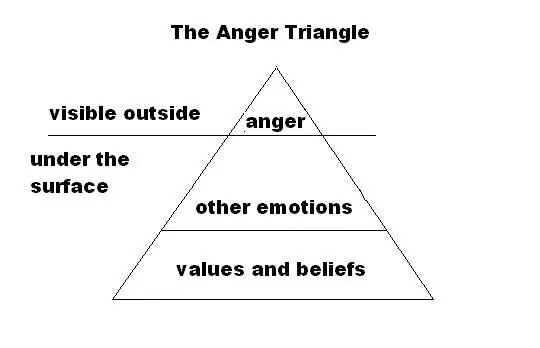
Whether you live in the Russia, Africa, or the United States we’re all humans of the same species, living in a global society, and the core neurological mechanics behind how our emotional brains function is generally the same as well.
The core elements that make one person anger, will make another angry.
1. Perception of Being Treated Unfairly
The perception of being treated unfairly has a curious way of igniting fits of anger within us. When we feel that we have been wronged, when the scales of justice tilt against us, it stirs an innate sense of injustice.
Our emotions, like a dormant volcano, awaken and surge with a fiery intensity, seeking release in the form of anger.
But it’s not only anger that arises from injustice. ScienceDirect published an article showcasing how being treated unfairly not only sprouts anger within individuals but also has the potential to deteriorate your self-esteem.
2. Feeling Threatened Or Attacked
The Better Health Channel provides us insight on how anger can be helpful for motivation but also act as a detriment to our health as well as rational thinking….especially when we feel attacked or threatened.
When we do feel threatened or attacked, our brain’s emotional and survival systems work together to generate a chemical response (cortisol, like and adrenaline) which reinforces us to either defend ourselves or assert our boundaries.
Anger is an automatic and instinctive reaction rooted in our evolutionary history, but not all anger responses are appropriate (or helpful at all ) in every situation.
Understanding the underlying scientific mechanism of anger can help us gain insight into our own anger reactions and provide an opportunity to develop strategies for managing and expressing our emotions in more constructive ways.
3. Being Interrupted While In Pursuit of a Goal
Interruptions in the pursuit of a goal can evoke anger due to the brain’s reward system being thwarted and a sense of loss of control.

Ralph Ryback M.D. reminded us in his article from Psychology Today that the anticipation of reaching a goal releases dopamine which keeps us thriving for more success.
But interruptions disrupt this reward, leading to frustration. They also infringe on our autonomy and disrupt cognitive flow, causing irritation.
Understanding these psychological factors can help manage anger by setting boundaries, communicating effectively, and maintaining a flexible mindset.
4. Stress / Anxiety
We all know stress can lead to immense health problems but also, Leon F Seltzer PhD brilliantly explored the notion in Psychology Today that anger is nothing more than repressed anxiety.
Stress and anxiety can fuel anger by triggering the release of stress hormones and creating emotional tension.
They narrow our focus and impair cognitive functioning, making us more prone to anger outbursts. Prolonged exposure to stress depletes our emotional resources, increasing vulnerability to anger.
5. Feeling Disrespected / Lied to
Feeling disrespected or lied to can trigger anger by violating trust and undermining self-worth.
Disrespect threatens our dignity, leading to defensive anger as a means of asserting boundaries. Lying breaches trust, eliciting anger as a response to betrayal and disappointment.
It can also challenge our self-image and generate feelings of frustration. Developing healthy communication skills and setting boundaries can help address these emotions constructively.
6. Grief
Grief in and of itself is a daunting emotion that ravage us during many instances of life. As mentioned by the Hospice Foundation of America (HFA) grief can go hand in hand with anger, especially when we are dealing with the death of a loved one.

Grief can trigger anger as a response to loss. Anger may stem from a sense of injustice, powerlessness, or frustration. It can serve as a defense mechanism against overwhelming pain and sadness.
Recognizing anger as a natural part of the grieving process is important. Finding healthy outlets, seeking support, and engaging in self-care can aid in navigating through grief and managing the accompanying anger.
7. Having Unrealistic Expectations
Unrealistic expectations can fuel anger when reality doesn’t meet your exaggerated standards. I personally have learned this one a few times the hard way.
Unrealistic expectations arise from ambition which is good. But when reality falls short, anger emerges from disappointment and a sense of entitlement.
Unrealistic expectations create a gap between desired outcomes and actual possibilities, leading to anger.
Cultivating realistic expectations, embracing imperfections, and developing flexibility can help manage expectations and reduce anger’s likelihood.
Angry At Society: The Root of Fear and Anger At Society
Given the core elements that trigger anger, why are these emotional triggers being directed at society? Here’s what we found out…
1. Feelings of Being Treated Unfairly
We now know that feelings of being treated unfairly leads to anger.
The question is, what in society causes people to feel that they are being treated unfairly?
The Wealth Gap
The significant wealth gap in society can indeed contribute to feelings of anger and discontent.
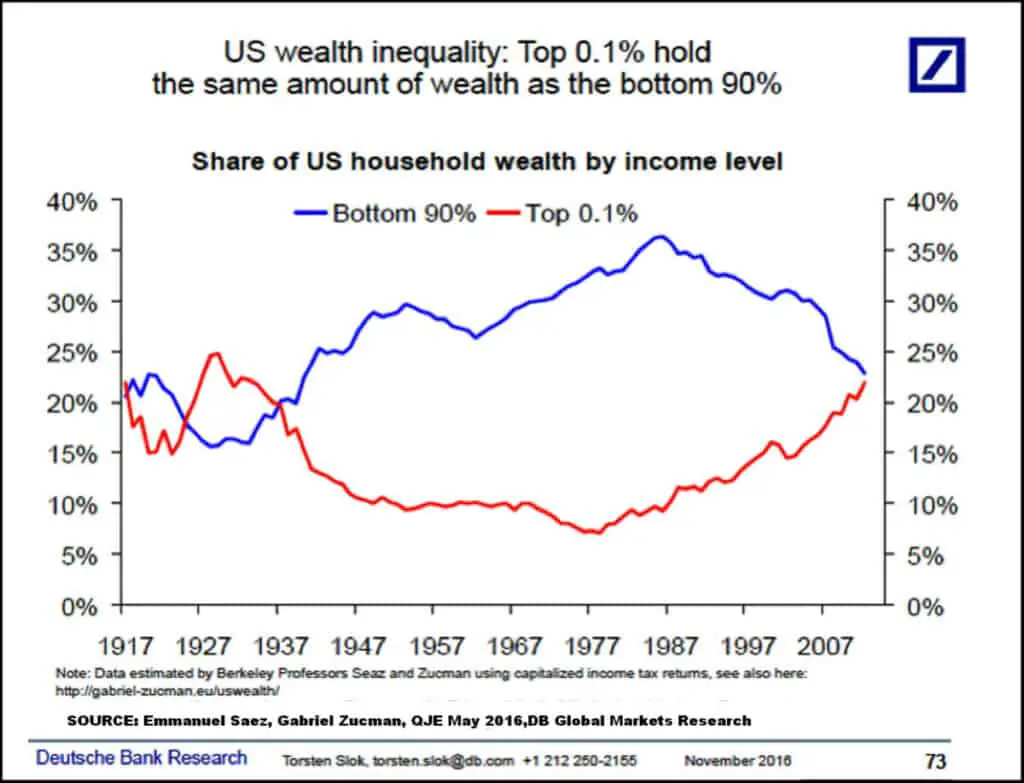
In the United States, for example, the wealth distribution is highly unequal. As of 2021, the top 10% of Americans held around 69% of the total wealth, while the bottom 50% held only about 1% of the wealth.
In a study by Ray Dalio in his book “The Changing World Order” Ray identifies wealth gaps as a catalyst for anger across multiple cultures over hundreds of years.
A significant wealth gap highlights economic inequality and perceived injustice, impacting access to resources. Addressing this gap is crucial for a more just and inclusive society.
Lack of Career Development
A lack of career development opportunities can cause anger in individuals, but if the problem is more widespread it can cause resentment towards society itself.
Limited prospects for professional growth and advancement lead to frustration, discontent, and a sense of being undervalued.
It contributes to perceived inequality and social injustice, eroding self-confidence and well-being.
Addressing this issue requires creating inclusive work environments, equal access to training and advancement, and advocating for policies that prioritize career growth.
Bias
Bias fuels anger in society by perpetuating unfair treatment and discrimination.
It creates a sense of frustration, injustice, and resentment when individuals or groups experience prejudice based on race, gender, religion, or socioeconomic status.
Bias undermines equal opportunities, distorts perceptions, and erodes trust.
Addressing bias through education, awareness, and promoting equal opportunities can help reduce anger and build a more inclusive and harmonious society.
2. Feeling Threatened by Fear Based Messaging
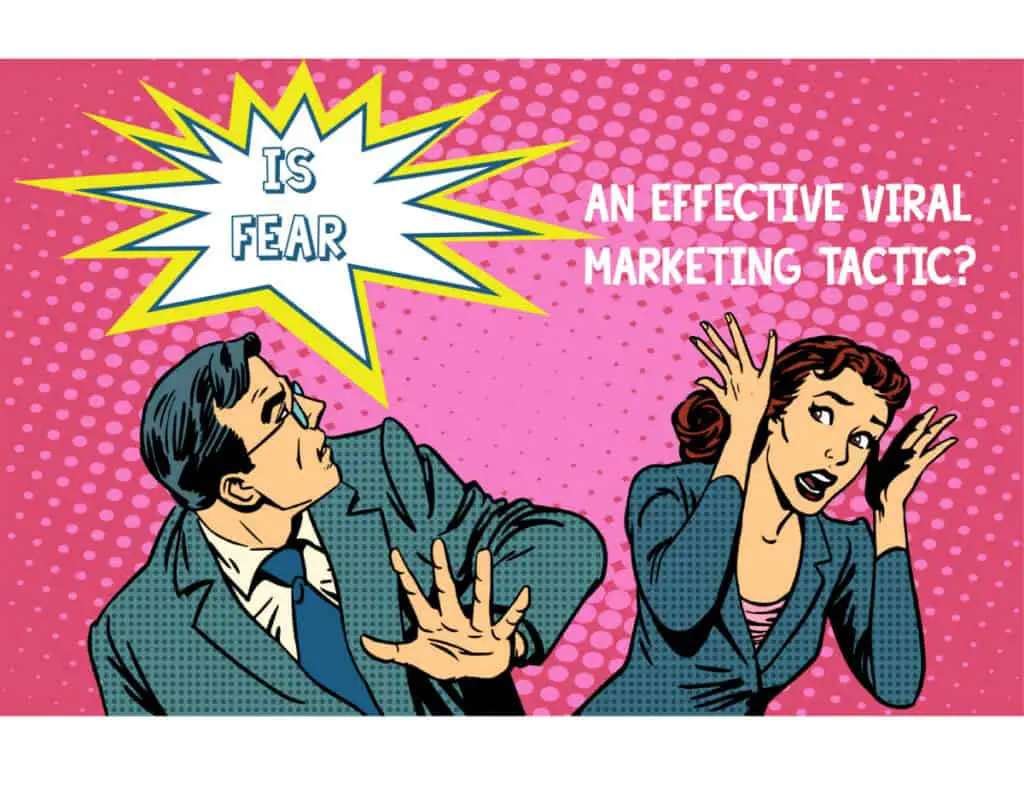
A 2018 study by the School of Psychology, University of Beijing examined brain structures and concluded that they found “compelling neurological evidence supporting that “fear promotes anger”.
Political Advertising
Political advertising has the potential to evoke fear and anger within society.
Many political ads employ emotionally charged tactics, focusing on controversial issues, spreading negative narratives, and appealing to people’s insecurities and anxieties.
Such strategies can manipulate emotions, polarize opinions, and create a sense of threat or urgency. Negative Political advertising also leads to a rise of populism on both the left and the right.
Propaganda
Propaganda employs persuasive techniques, like sensationalized headlines, aimed at manipulating public opinion and promoting specific agendas.
By utilizing tactics such as misinformation, emotional manipulation, and demonization of opposing viewpoints, propaganda can create a climate of fear and hostility.
It targets people’s vulnerabilities, amplifies existing divisions, and fosters a sense of threat or injustice.
News
While the purpose of news is to inform the public about important events and issues, the way news is presented can sometimes emphasize sensationalism, conflict, and negative narratives.
News media organizations make money based on the number of viewers, and sensationalized “opinionated news entertainment” gets more viewers, but at the expense of factual bias.
News stories that focus excessively on crime, disasters, or divisive topics can evoke fear and anger in viewers or readers.
Additionally, biased reporting, misinformation, and inflammatory language can further fuel negative emotions.
3. Stress / Anxiety
Debt
The Mental Health Foundation explains how debt can have a direct correlation to your mental health. Often times evoking immense feelings of stress, anger, and anxiety.
Feeling trapped in debt leads to powerlessness and frustration, intensifying negative emotions. Debt hampers personal goals and generates disappointment and resentment.
Collection calls, legal actions, and damaged credit contribute to additional stress making a daunting pit of diminishing mental health that becomes increasingly harder and harder to climb out of.
Left Out Of Job Market
Being excluded from the job market can be a source of anger, anxiety, and stress. It can feel like being stranded in a desert while others enjoy the oasis of employment.

Constant rejection and the fear of financial instability take a toll on one’s emotional well-being. The frustration builds, the worry intensifies, and the pressure mounts to find a place in the job market.
It becomes a battle for one’s identity and livelihood, fueling a mix of negative emotions.
Lack Of Direction In Life
Lacking a clear direction in life can be a source of frustration, anxiety, and existential stress. It’s like wandering in a haze, unsure of where to go.
The feeling of being lost and disconnected can be disheartening. Each day becomes a search for purpose, causing underlying frustration.
The constant questioning and fear of making wrong choices can fuel anxiety. It’s a struggle to find meaning and navigate through life’s uncertainties.
How To Control Anger Before It Controls You
(What To Do When You’re Angry At The World)
Express Anger Healthily
Expressing anger in a healthy way is crucial for maintaining emotional well-being and fostering positive relationships. Here are some strategies to express anger in a constructive manner:
Recognize and understand your anger: Take a moment to acknowledge and understand your anger. Reflect on the underlying causes and triggers, as it can help you address the root issues effectively.
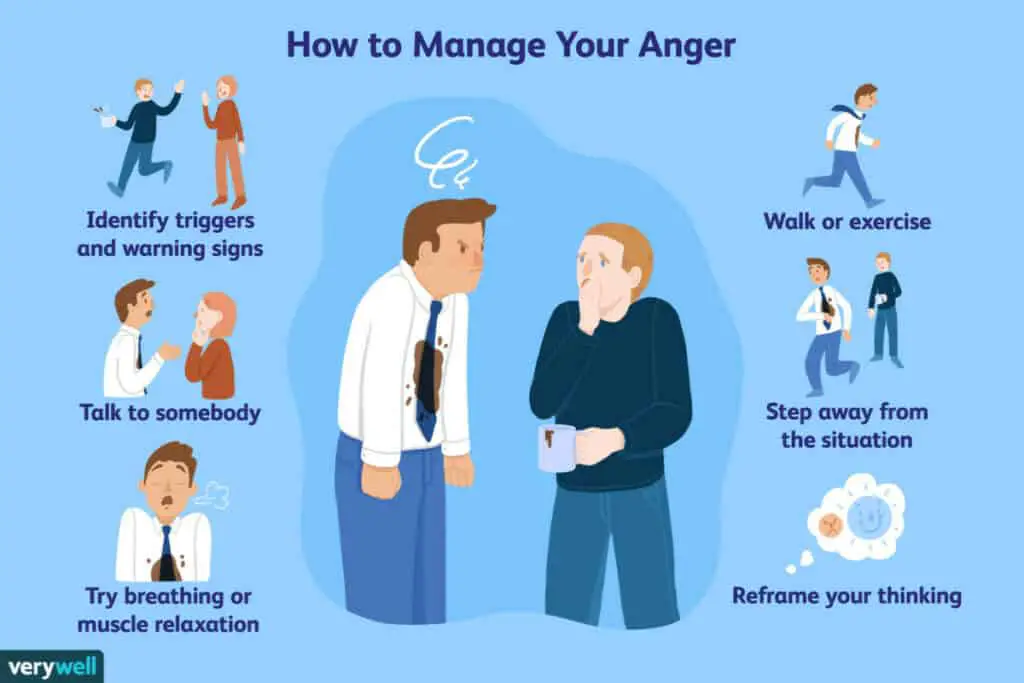
- Practice self-awareness:
Pay attention to your physical and emotional responses when you feel angry. Notice any signs of tension or increased heart rate. Being aware of your anger cues can help you intervene before it escalates. - Take a timeout:
If you feel overwhelmed by anger, step away from the situation and take a break. Find a quiet space to calm down and regain composure. Deep breathing exercises, meditation, or engaging in a calming activity can help reduce anger levels. - Communicate assertively:
When expressing anger, choose your words carefully and use a calm and assertive tone. Clearly communicate your feelings, needs, and boundaries without resorting to aggression or hostility. Effective communication allows others to understand your perspective without feeling attacked. - Practice active listening:
When engaged in a conversation about your anger, actively listen to the other person’s viewpoint. It fosters understanding and empathy, helping to find common ground and resolve conflicts more effectively. - Seek constructive outlets:
Cannel your anger into productive activities. Engage in physical exercise, such as jogging or hitting a punching bag, to release pent-up energy. Writing in a journal or expressing yourself through art can also serve as healthy outlets for processing and releasing anger - Seek support:
Talk to a trusted friend, family member, or therapist about your anger. They can provide a supportive and non-judgmental space to express your feelings and offer guidance on managing anger more effectively. - Practice self-care:
Prioritize self-care activities that promote relaxation, such as getting enough sleep, eating nutritious meals, and engaging in hobbies you enjoy. Taking care of your physical and mental well-being can reduce overall stress levels and make it easier to manage anger.
Remember, expressing anger healthily does not mean suppressing or ignoring it. Instead, it involves finding constructive ways to address and manage your anger, fostering better communication and personal growth.
Final Thoughts:
In the twisted web of societal frustrations, it’s no wonder that a simmering anger can consume our souls. From the unfairness of wealth disparities distorted on social media to the crushing weight of unmet expectations, our collective anger finds its footing in the crevices of a flawed system.
But let us not succumb to the darkness of rage and despair. Instead, let our collective anger fuel a relentless pursuit of justice, equality, individual success.
There are two ways to handle anger.
- Let is get the best of you, knock you down, feel sorry for yourself, scared, and wanting to lash out.
- Let it fuel you, motivate you, burn inside of you to push you forward and above your current situation.
As Mahatma Gandhi once said, “Be the change that you wish to see in the world.” It is through our actions, driven by righteous anger, that we can pave the way for a brighter tomorrow.
Loved what you read?
Hit that share button and let the world in on the secret – we’d be thrilled!
Got thoughts? We’re all ears for your feedback, corrections, or a good old chat. Don’t be shy; drop us a line.
And hey, don’t miss out on our curated list of must-reads in the recommended books section.
Big thanks for diving in with us today!


